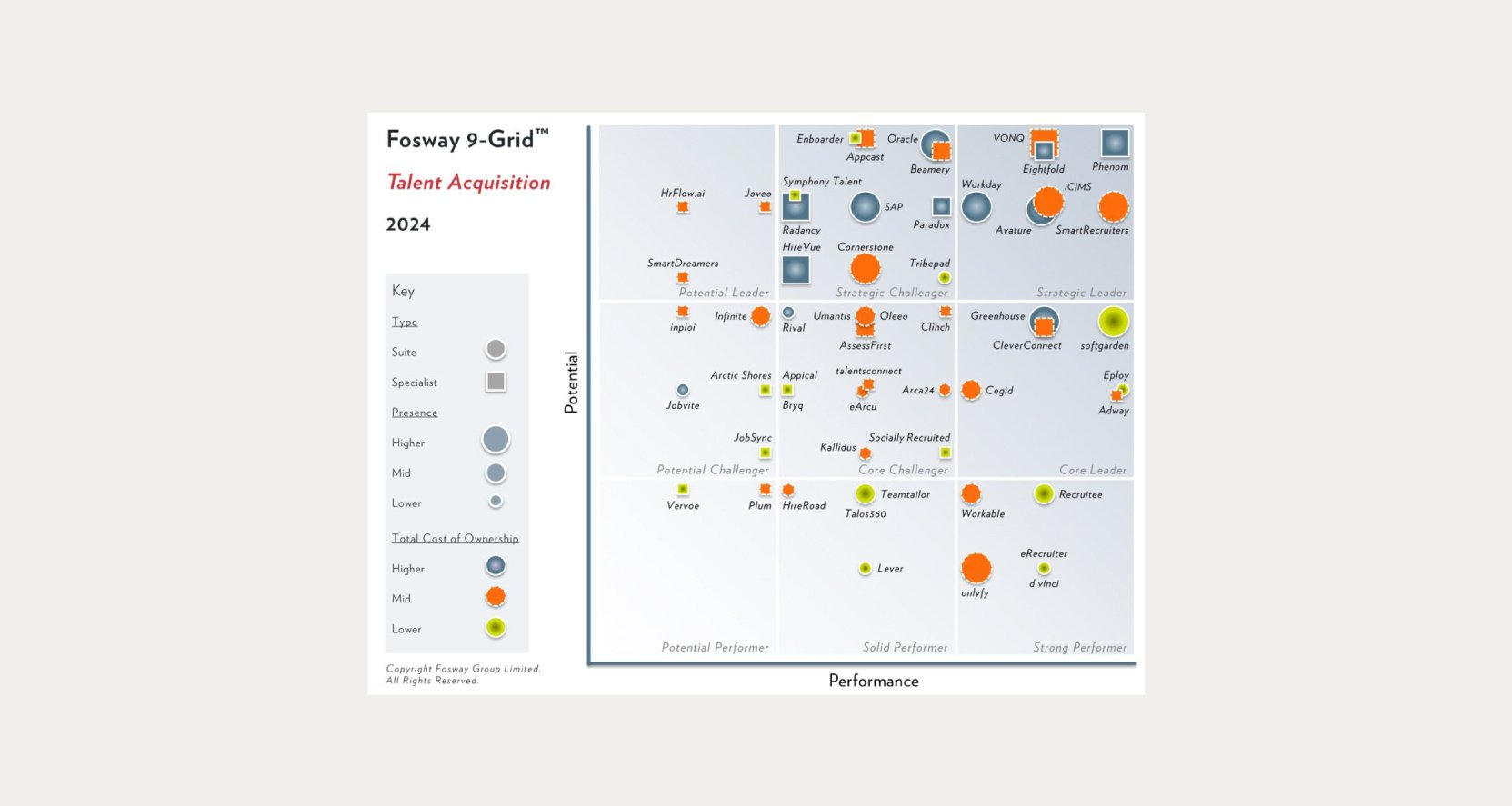Whether you’re a large tech company or a growing startup, you’ve probably noticed that attracting top talent into your recruitment funnel is harder than ever. Employment rates are high across various industries, but especially in tech, meaning that candidates can afford to be pickier than ever in choosing where and for whom to work. This puts the onus on recruiters and recruitment marketers to develop strong employer brands and position themselves as employers of choice within their fields. How do they go about doing this? By leveraging a strong employee value proposition, or EVP.
What is EVP?
The emergence of EVP in the last few years is just one of the ways in which recruitment is said to be getting more similar to marketing—and there’s certainly something to that idea. Just as traditional marketers works to position a particular business or product in a way that will appeal to whatever segment of the market it’s targeting, modern recruitment marketers must seek to establish their company as a unique and desirable place of employment. These attributes—specifically the attributes that add value for your employees and potential employees—form your EVP.
To wade a little further into the particulars, EVP can comprise monetary compensation, vacation and benefits packages, work-life balance, career opportunities, company culture, mentorship and education, and just about anything else that your company offers that enhances the lives of your people. If, for instance, you’re a growing startup that’s making a big impact on an established industry, you might be providing value for your employees by giving them the chance to do innovative work in their field and to learn from more senior members of a dynamic, social team. Conversely, a larger company’s EVP might revolve around the resources that employees are given access to, like proprietary tools, conference budgets, education opportunities, etc.
Crucially, your company’s EVP should be tailored to your ideal candidate personas. More than that, different aspects of your EVP should be emphasized depending on what job you’re hiring for at any given moment. For more junior roles, you might emphasize career advancement opportunities; while your ideal candidate for a more senior position might be more interested in stability and benefits. Ask yourself, “what characteristics does my ideal hire have; what is she looking for in a job and what value is she looking for out of her work?” Whatever the answers to these questions are, your EVP should strive to correspond to them.
Why is EVP Important?
At this point you might be wondering, who cares? Well, your future employees do. The number one hurdle for candidates considering a new job is that they often can’t envision what their day-to-day life would look like at a new company. A clear EVP can help them to do just that; it tells them what kind of team they’ll be working with on what types of projects, and it clues them into what sort of career trajectory, work-life balance, and daily tasks they’ll experience in your employ. Yes, these details can help form the foundation of a strong employer brand that jumps out at your audience, gets them interested, and entices them into your recruitment funnel, but they’re in some ways even more important when candidates wade deeper into the funnel and begin weighing an application to, or even a job offer from, your company.
Why might this be the case? Because as you get closer to hiring your ideal candidate, your EVP becomes not just a means of attracting candidates, but of differentiating yourself from your competition in a clear way. When candidates are considering whether or not to take a job, or even whether or not to apply, a clearly defined EVP gives them the ability to compare different prospects or different job offers on a point-by-point basis. Based on your EVP, job seekers should be able to compare two potential places of employment and figure out which one better aligns with their career goals, which one has better benefits, which one offers more interesting work, which one provides the most interesting resources to its employees, etc. If you don’t give candidates the information they need to make these determinations, they’ll have to fill in the blanks on their own, and they may assume that because your employer brand doesn’t highlight, for instance, educational opportunities, that you don’t provide any—regardless of whether or not that’s true.
How Do You Develop a Strong EVP?
Okay, so we’ve seen the ways in which an EVP can help define your employer brand and give it concrete, usable associations in the minds of your candidate personas. But how exactly do you ensure that your EVP is actually well-positioned to do so? We alluded to some strategies above (such as tailoring your EVP to your employee personas), but let’s delve a little deeper into the strategies you can use for building a strong EVP.
First, you’ll want to audit your existing offerings to catalog each way in which you provide value to employees. These usually fall into a few discrete categories:
- Compensation, which includes salary, benefits, research budgets, etc.
- People, including good management, the chance to work collaboratively with a high-quality team, and opportunities for mentorship or learning from more experienced colleagues.
- Growth, meaning chances for career advancement and the development of new skills.
- Job Satisfaction, which may come in the form of the chance to work on hard problems, the prospect of strong work-life balance, or any other “intangibles” that drive people to show up and contribute every day.
Naturally, these aren’t the only ways that you can add value, but they should give you a good starting point. From here, it’s time to list out the different candidates personas that you use in your hiring, and match the different ways you add value to the different personas depending on what you determine to be their goals, motivations, and priorities. In this way, you can link your messaging and your audience in a fairly concrete way that will help you organize and strengthen your employer brand messaging. For tech companies trying to win the war for talent, this can be a huge value-added proposition, positioning you for continued recruiting success.








